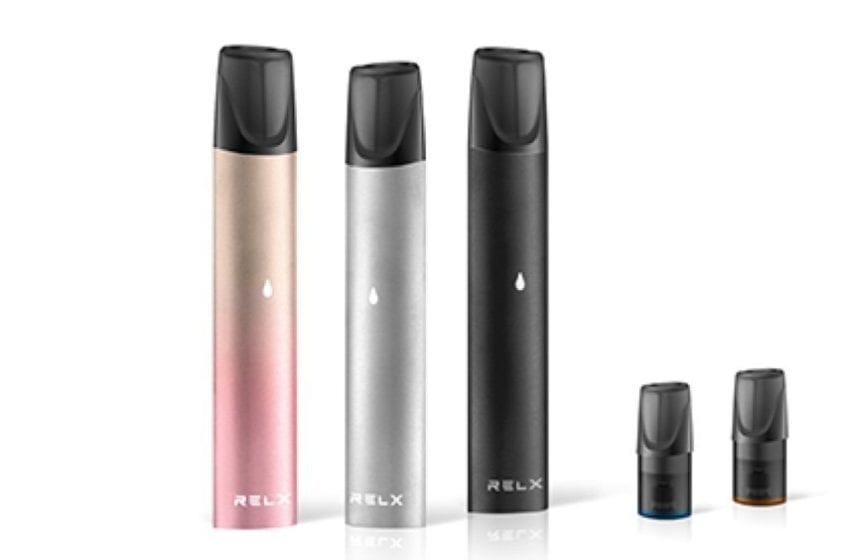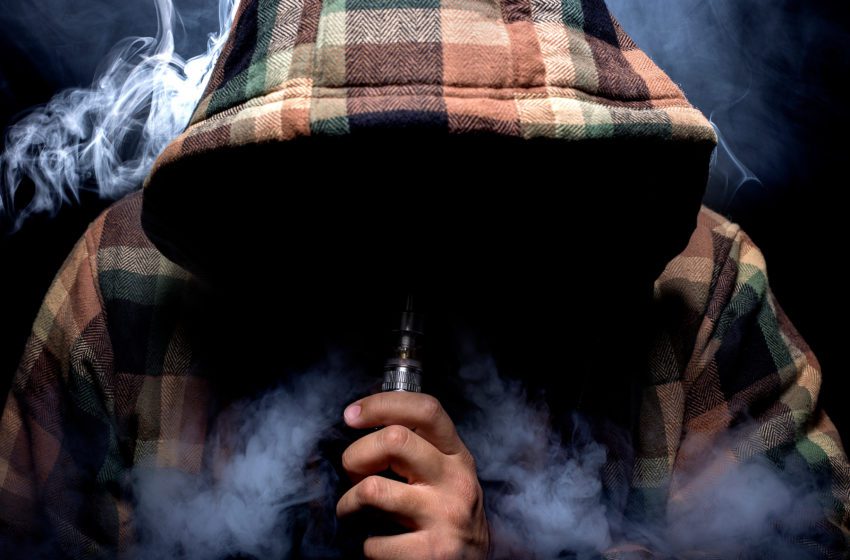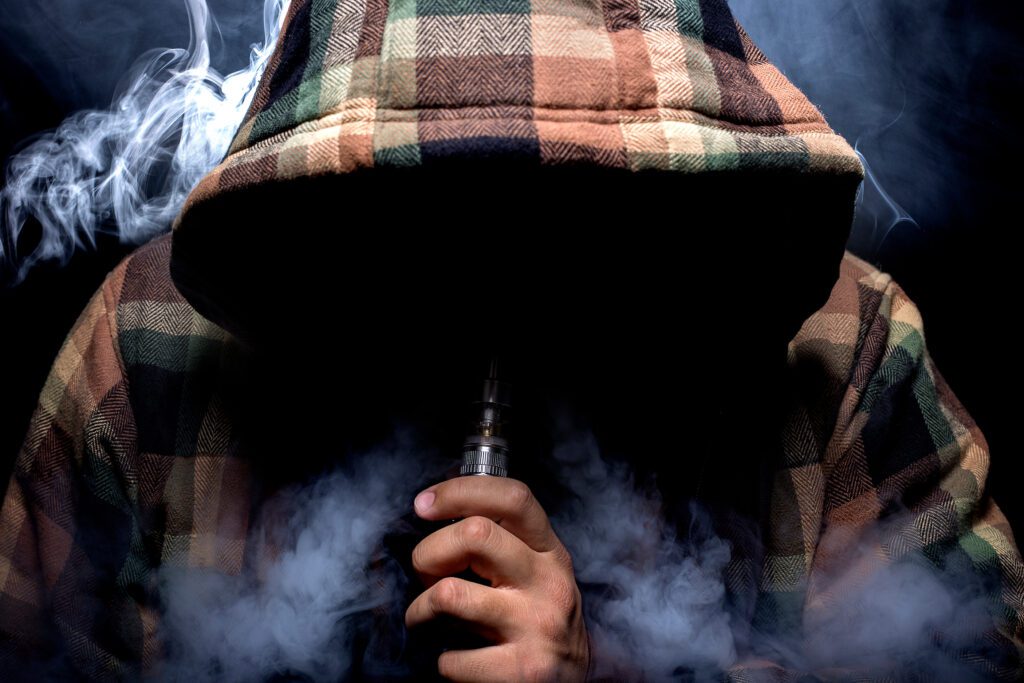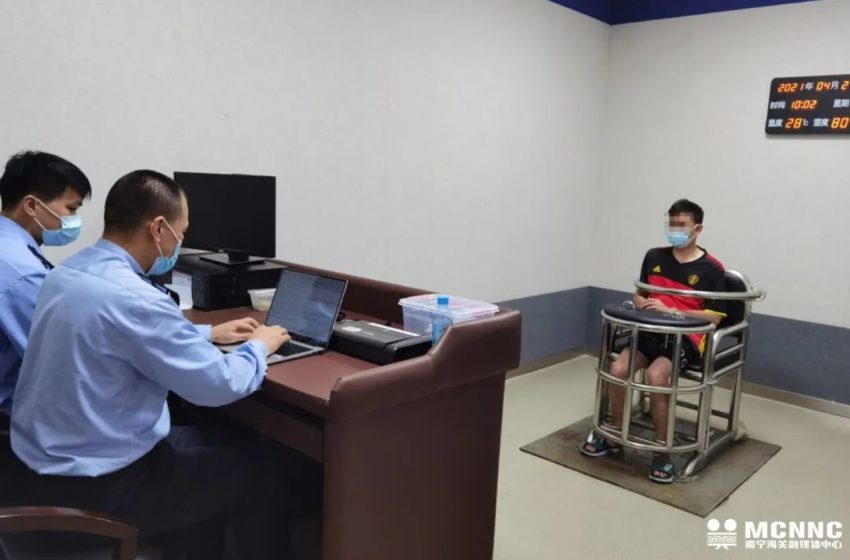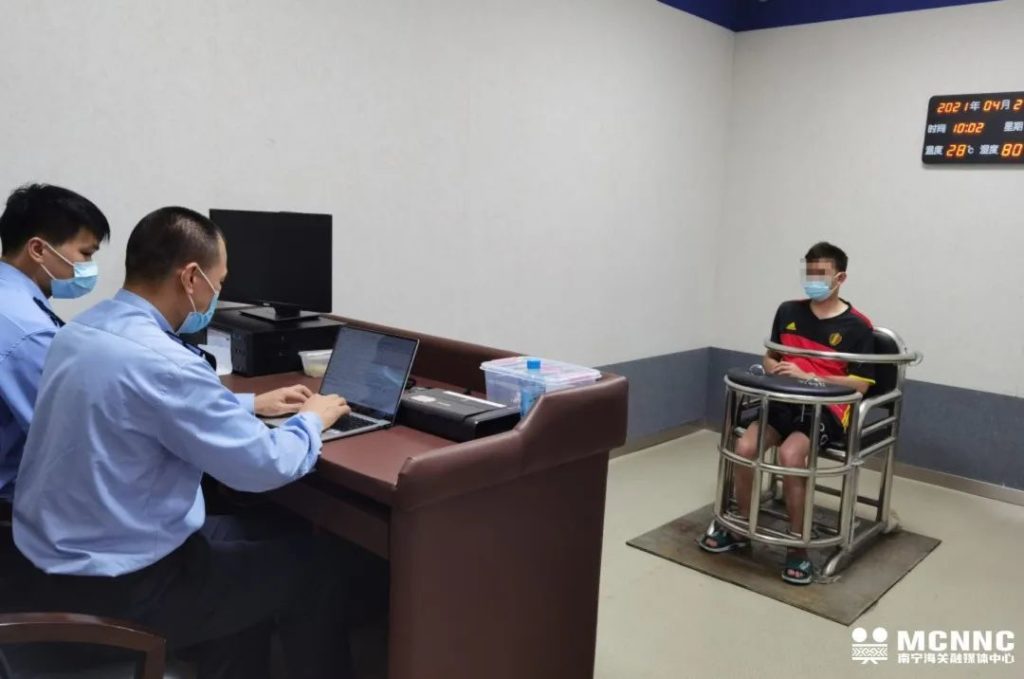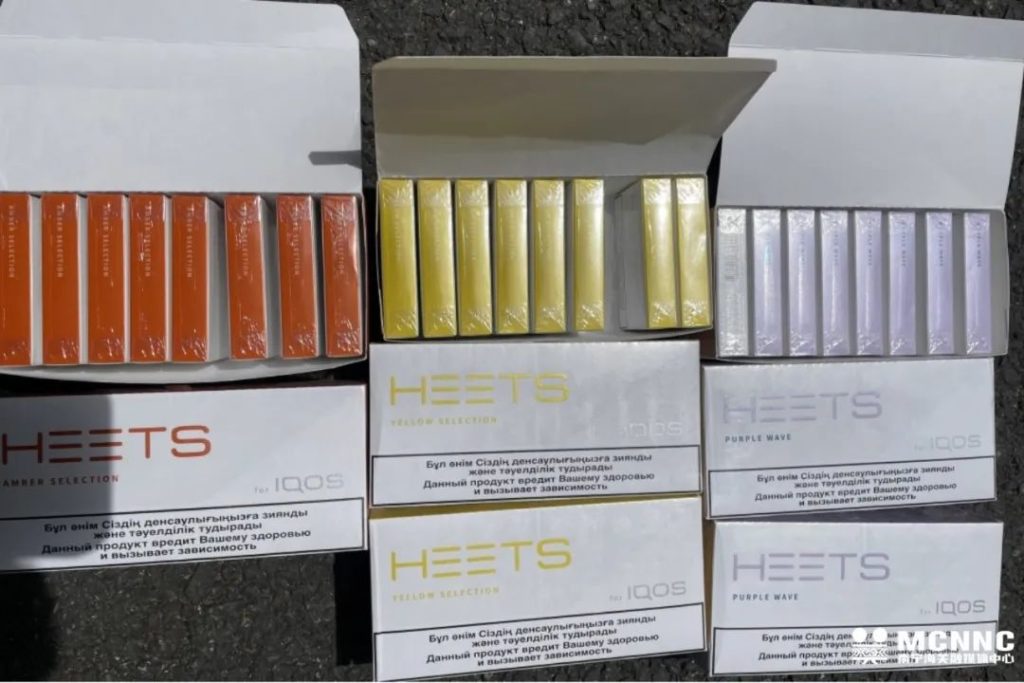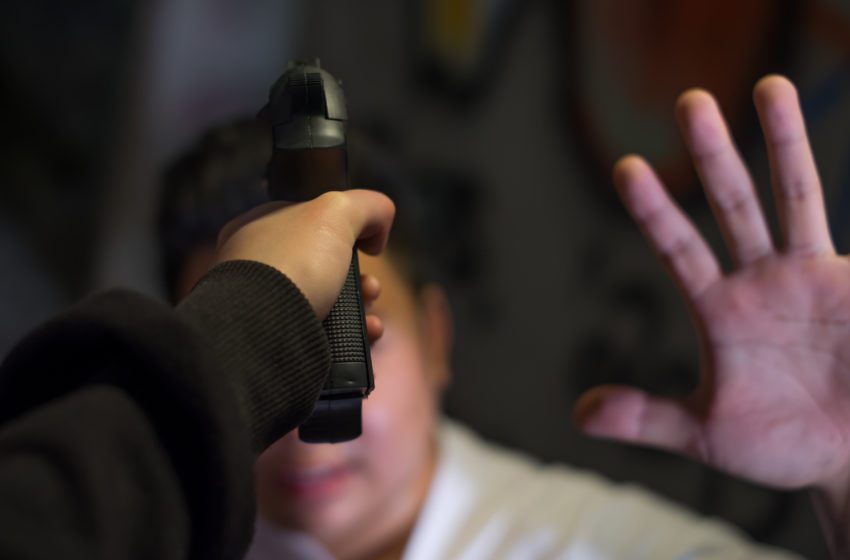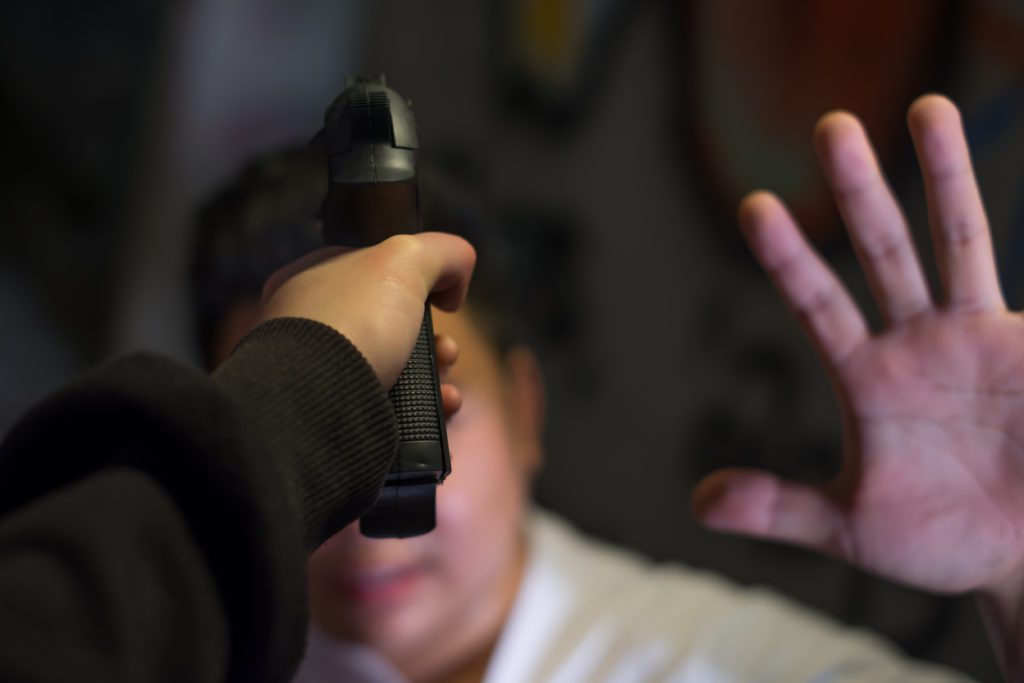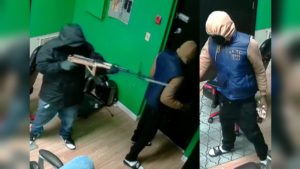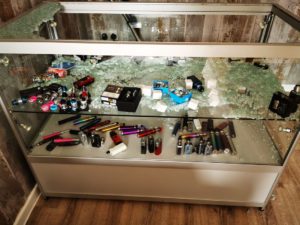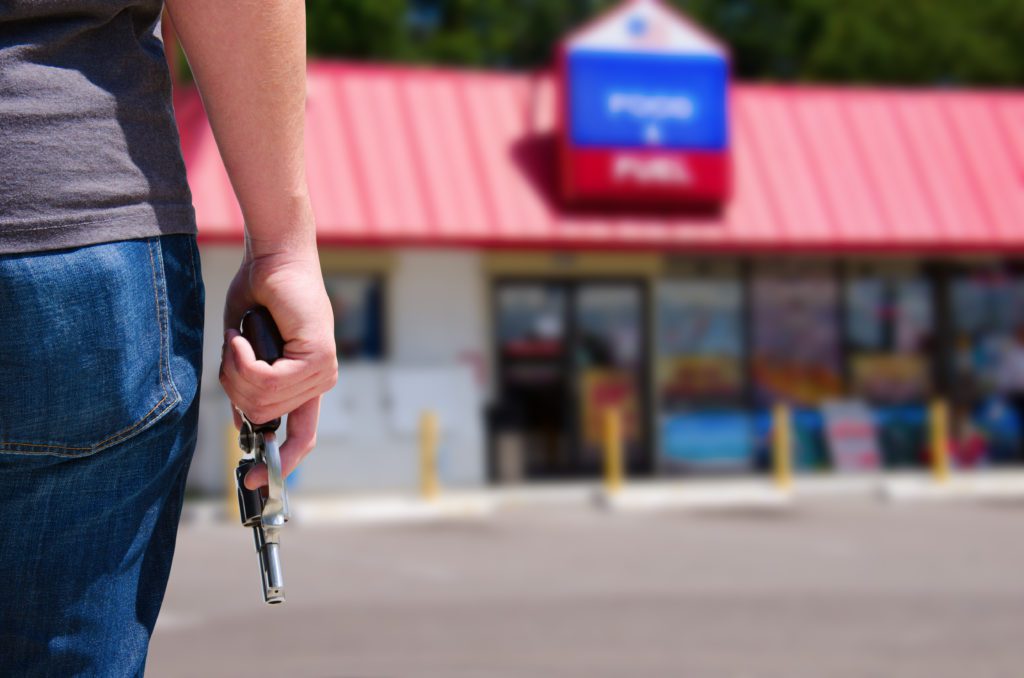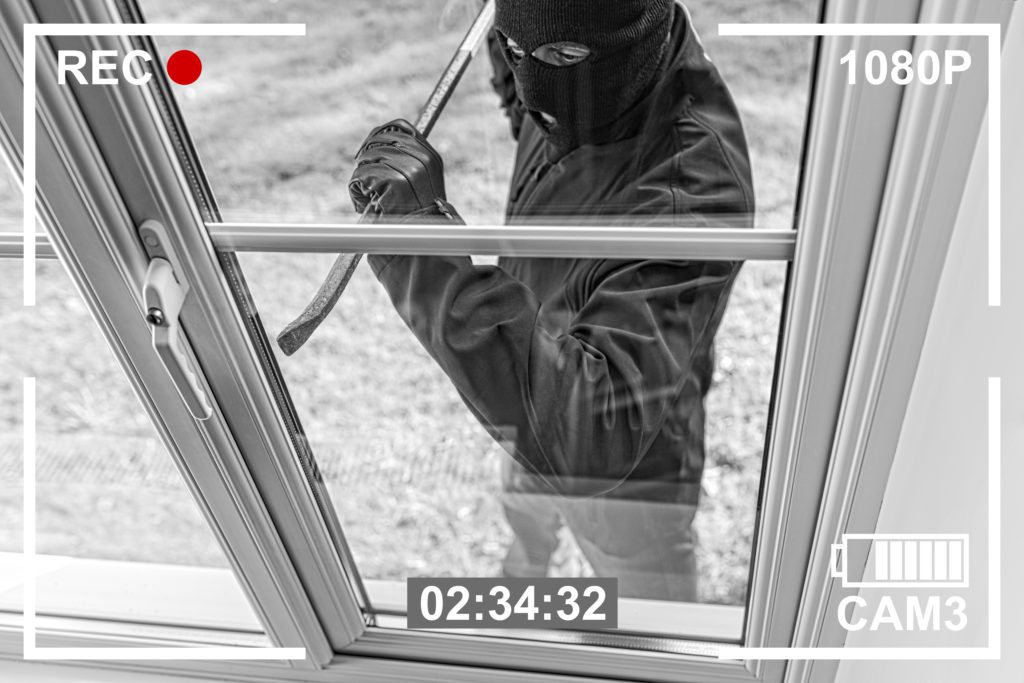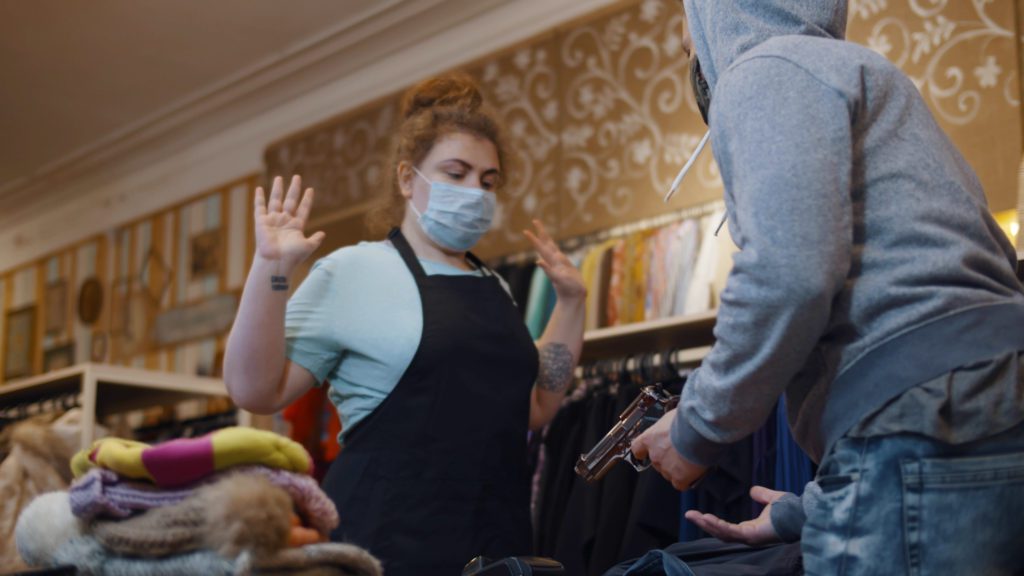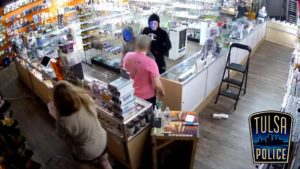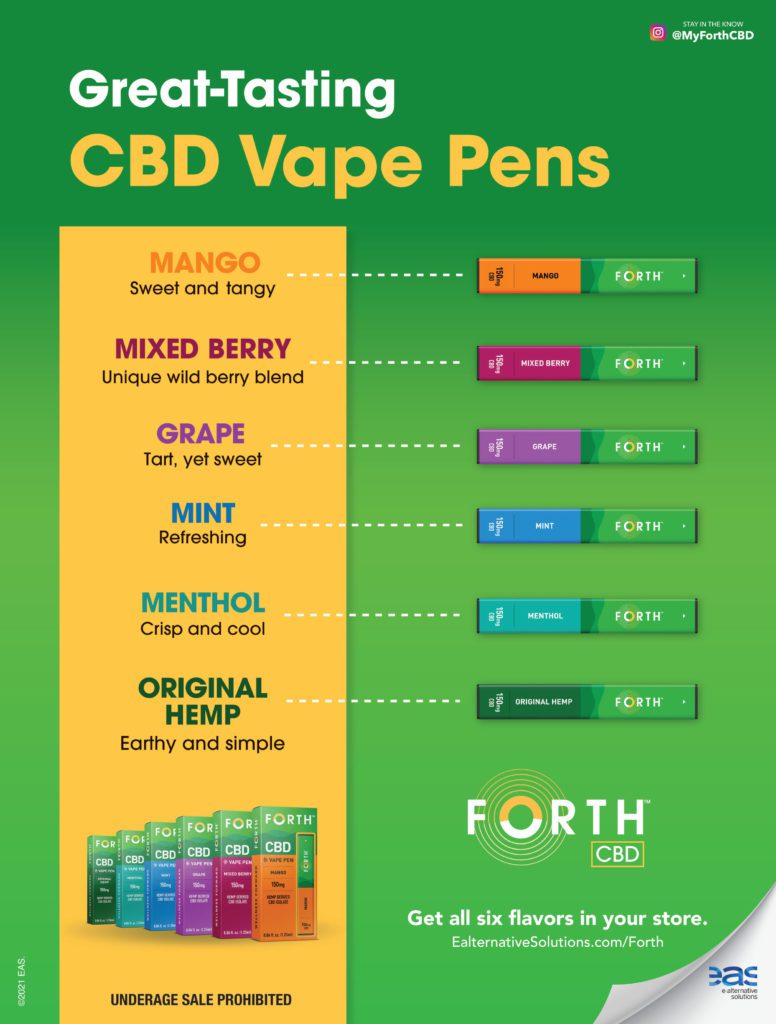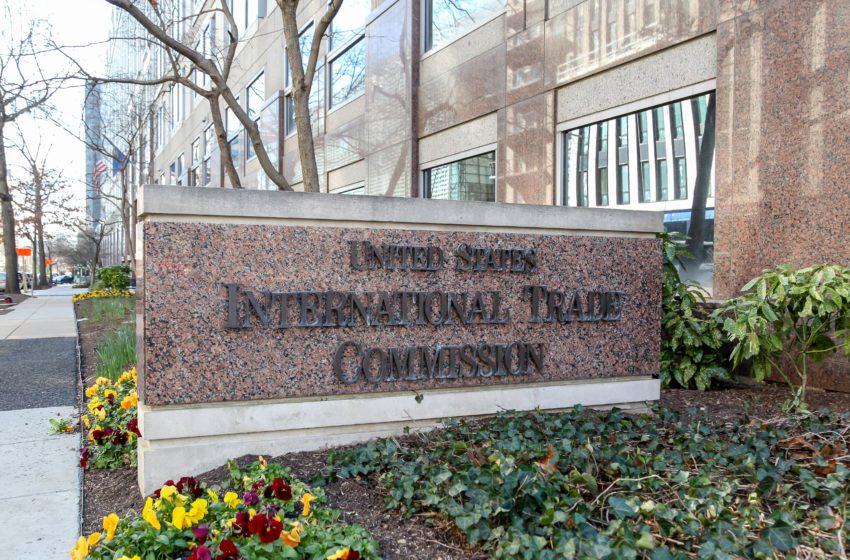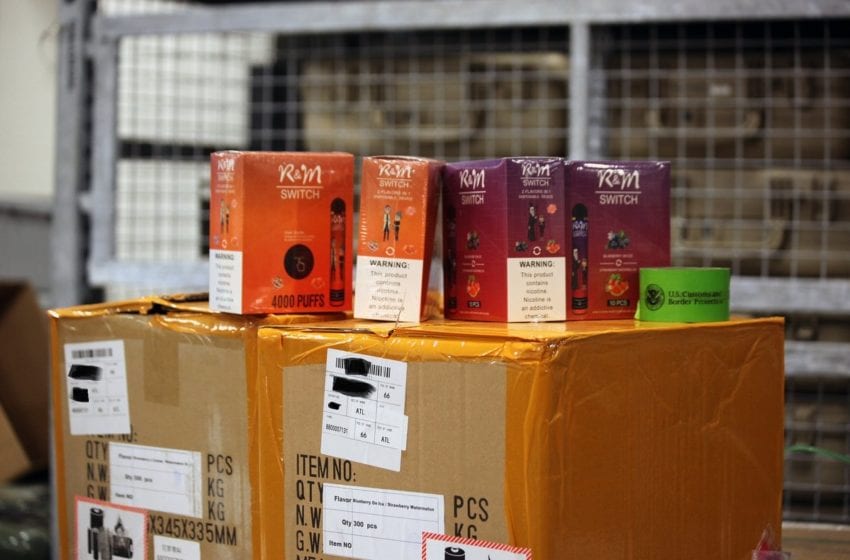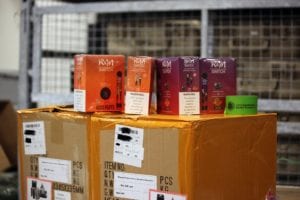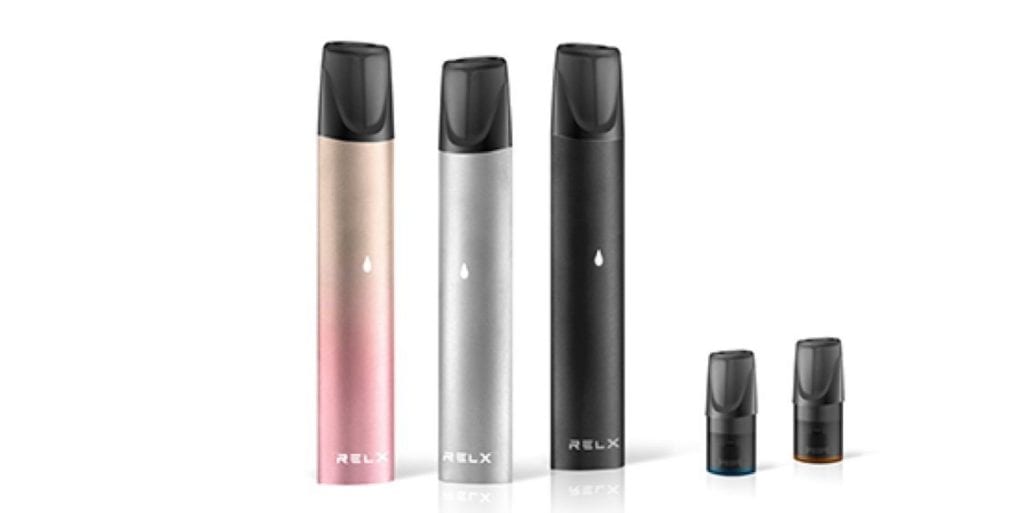
RLX Technology reported net revenues of RMB188.9 million ($27.5 million) for the first quarter of 2023, down from RMB1.71 billion in the same period of 2022. Gross margin was 24.2 percent during the quarter, compared with 38.3 percent in the comparable 2022 period. GAAP net loss was RMB56.3 million, compared with GAAP net income of RMB687.1 million in the same period of 2022. Non-GAAP net income totaled RMB183.6 million, down from RMB361.8 million in the same period of 2022.
RLX Technology attributed its struggles to fierce competition from illicit products. “We experienced an incredibly challenging first quarter as illegal-flavored products caused users’ slow shift to products that meet the national standards and drove our total revenues down to RMB188.9 million. Our gross margin declined as we incurred the full effect of the new excise tax in the first quarter,” said RLX Technology Chief Financial Officer Chao Lu in a statement.
“We are pleased that market conditions have improved, following the regulators’ strict actions to combat illegal products since March 2023. As a result, our sales are showing signs of recovery. Looking ahead, we will continue improving our operational efficiency and believe our profitability will gradually recover. Our resilient business model and solid cash position will support us as we navigate the market dynamics, enabling us to deliver sustainable value to our stakeholders as the industry regains momentum.”
According to RLX Technology co-founder, CEO and Board Chair Ying (Kate) Wang, the company remained focused on optimizing its product offerings under the new regulatory framework during the first quarter.
“While we strive to develop diversified, new, approved products that cater to users’ various demands, the prevalence of illegal products has posed near-term challenges to our sales and disrupted the recovery pace of the industry as a whole.
“The increasing efforts put forth by the regulators to crack down on illegal products have been encouraging, and we are hopeful that these will be effective in supporting the creation of fair and orderly market conditions, prompting a return to sustainable growth for law-abiding companies such as RLX Technology.
“If illegal products can be pushed out of the market, we believe adult users will gradually adapt to products that meet national standards. As a trusted e-vapor brand for adult smokers, we remain committed to providing compliant, superior products that meet our users’ needs as we continue exploring growth opportunities in the evolving industry.”

